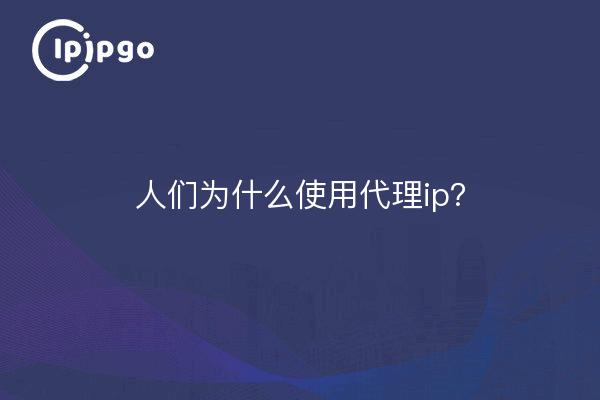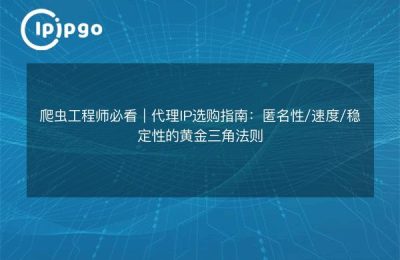
Data Collection and Web Crawling
In today's age of information explosion, data collection has become crucial. Many companies and individuals need to collect large amounts of data from the Internet for market analysis, competitive intelligence gathering, and other activities. However, many websites impose restrictions on a large number of visitors, including blocking IP addresses. Therefore, by using proxy IPs, users can hide their real IP addresses and avoid being blocked by websites, so that data collection and web crawling operations can be carried out smoothly.
import requests
proxies = {
'http': 'http://127.0.0.1:8000',
'https': 'https://127.0.0.1:8000'
}
response = requests.get('http://example.com', proxies=proxies)
Access to restricted websites
Residents of some regions or countries are unable to directly access specific websites or content due to policy, legal or other reasons. At this time, by using a proxy IP, users can disguise their IP addresses, obtain IP addresses in other regions, and successfully access restricted websites or content. This is important in some areas such as academic research, news access or cross-border e-commerce.
Protection of personal privacy
As network security issues become increasingly serious, personal privacy protection becomes especially important. Using a proxy IP can effectively hide a user's real IP address, reducing the risk of personal information being tracked or leaked. This is especially important on public Wi-Fi networks, which are often subject to security risks, and the use of proxy IPs can increase the security of data transmission.
Through the above analysis, we can clearly see that people use proxy IP mainly to cope with the needs of data collection, accessing restricted websites and protecting personal privacy. Proxy IP is of great significance in today's Internet era, providing users with a broader cyberspace and a safer Internet experience.








